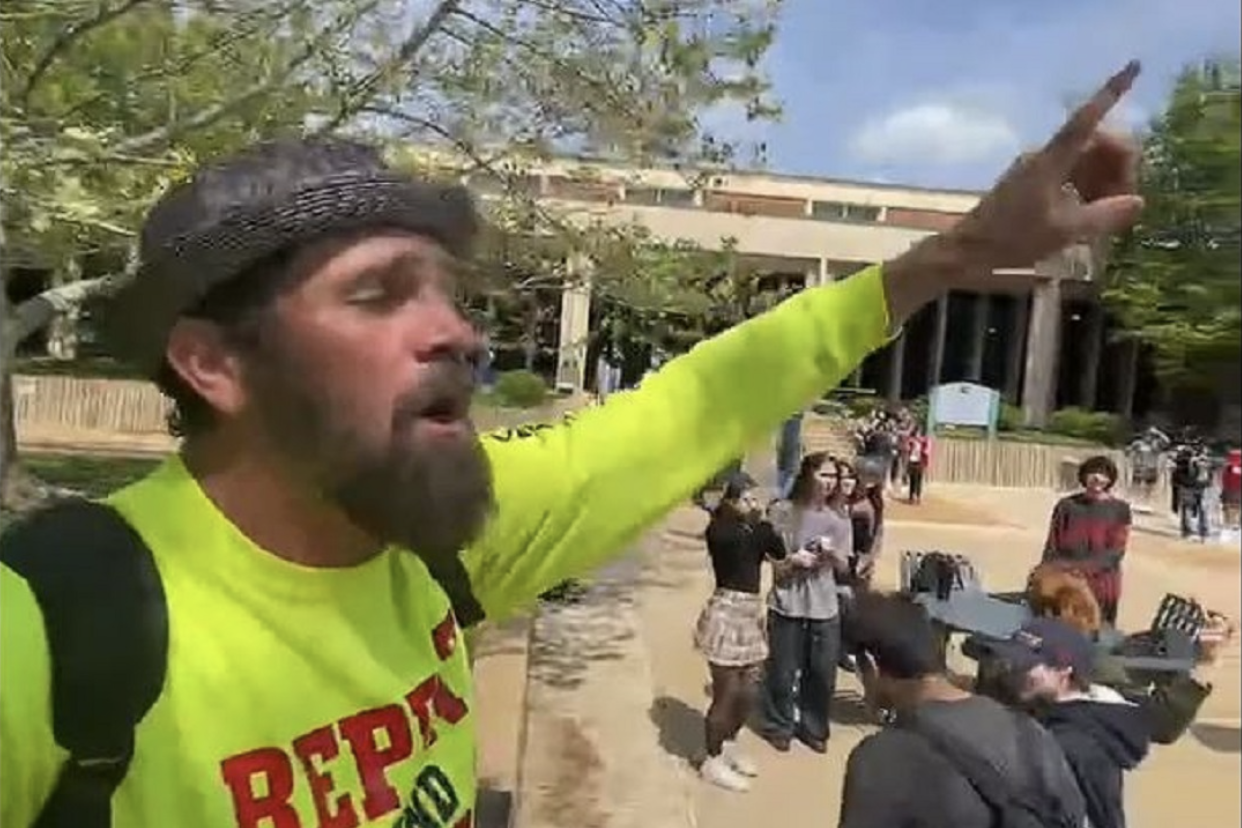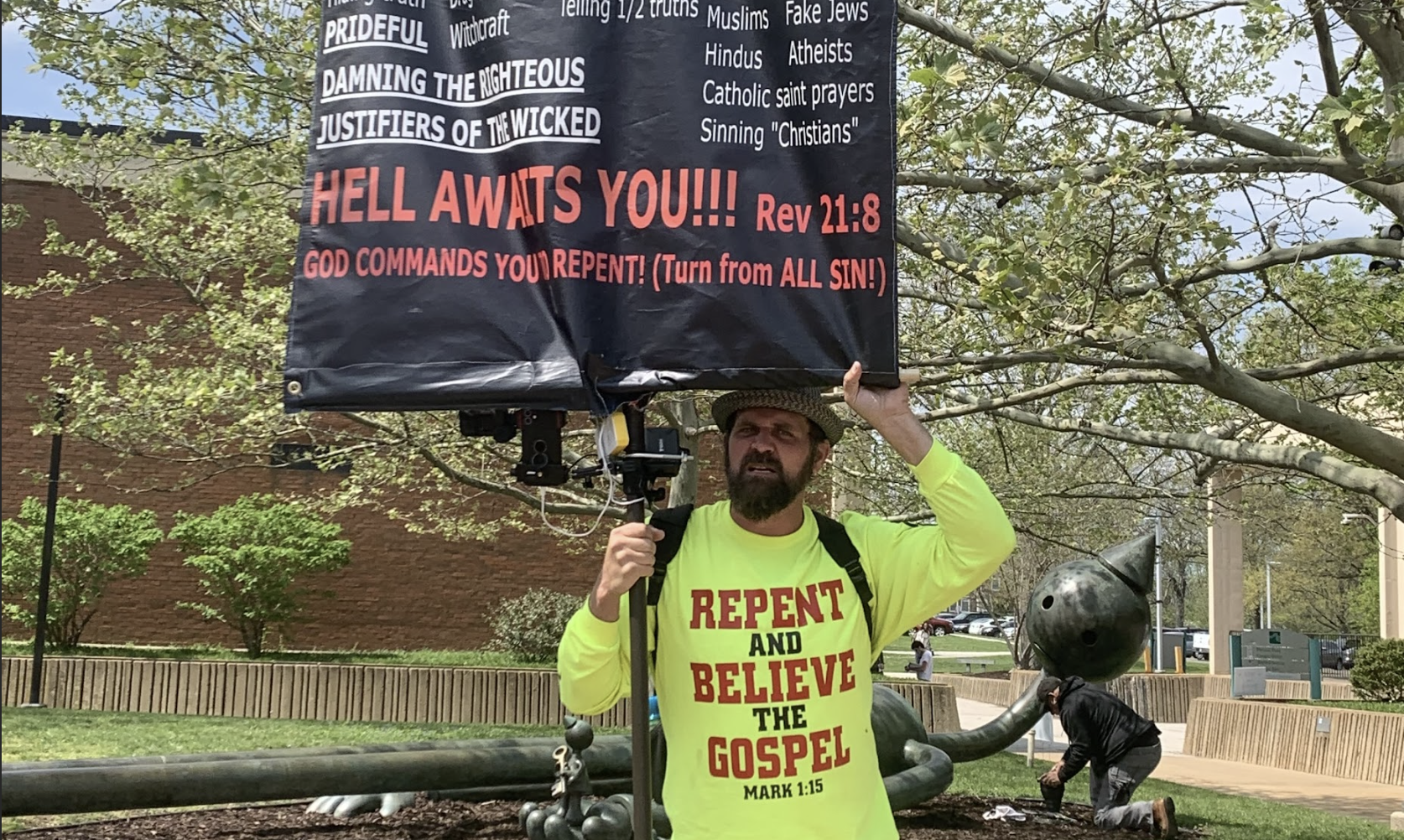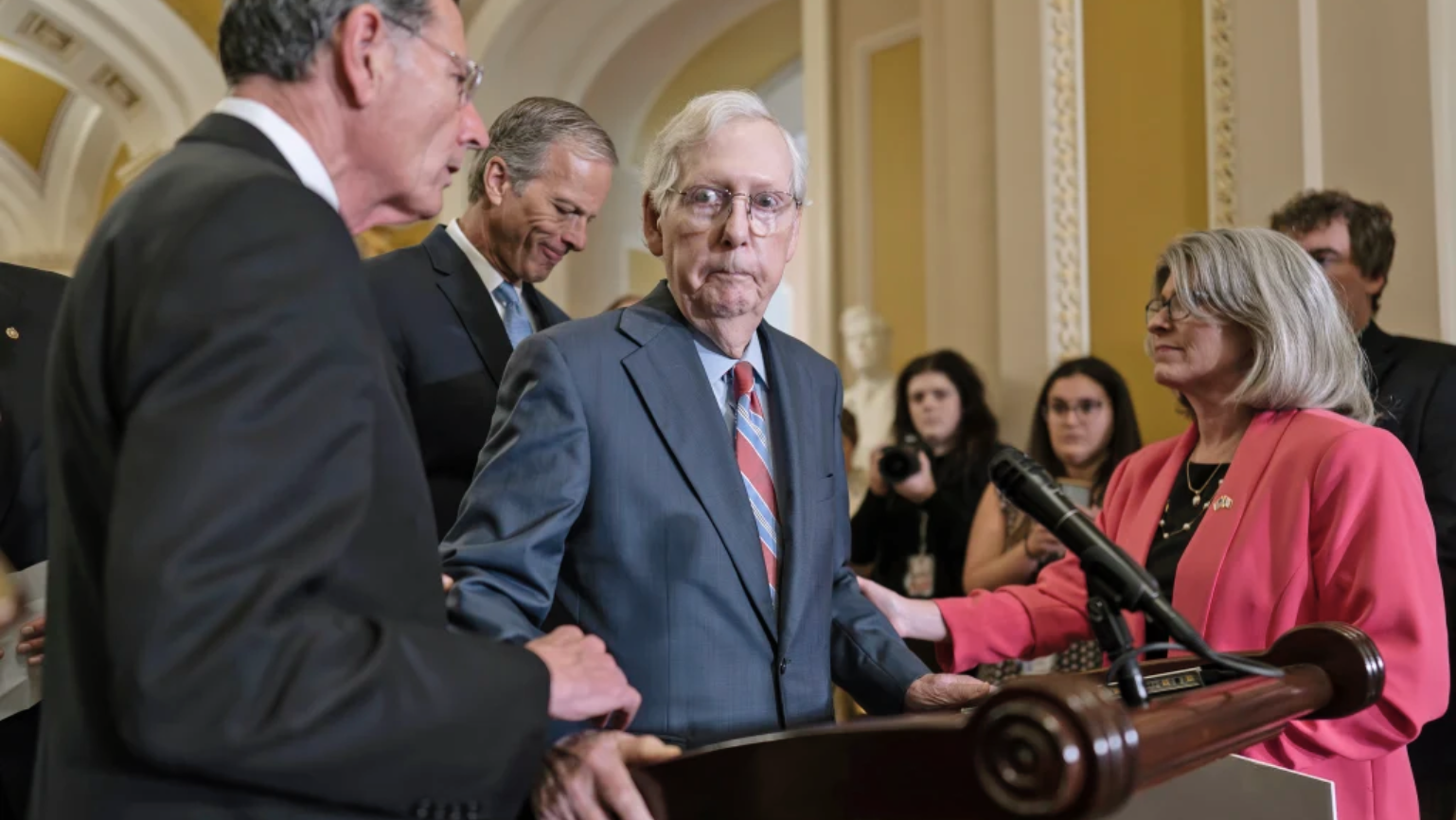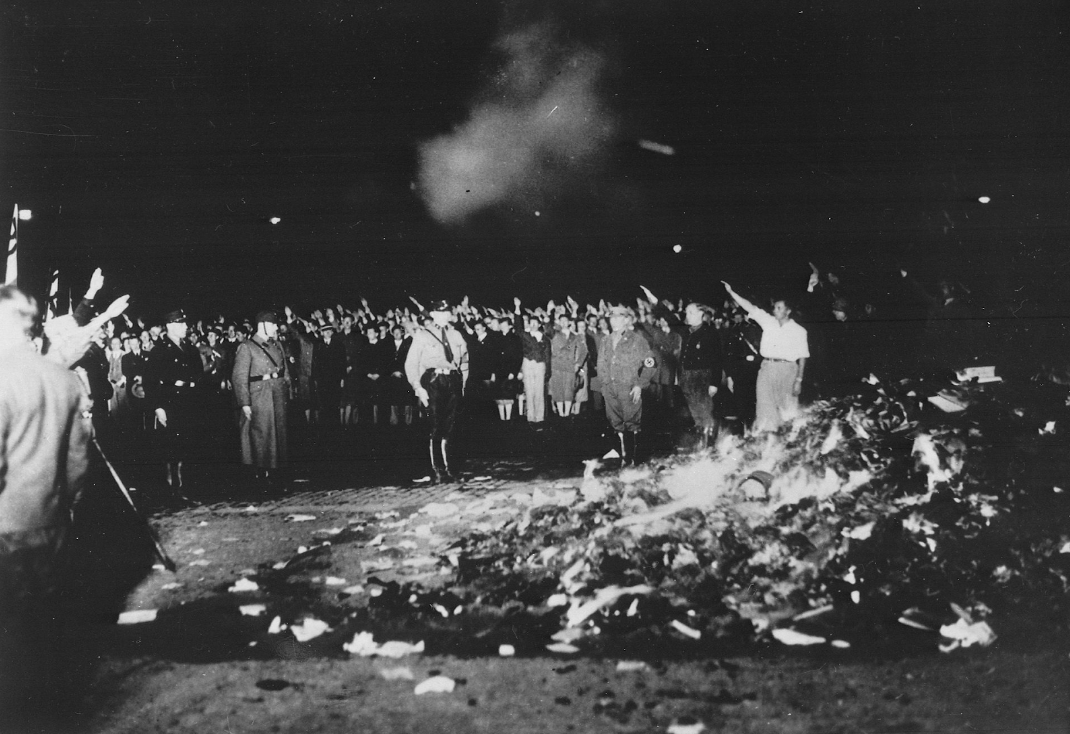With Congress and the President sitting complacently, it’s up to us to end the cycle of slaughter
BY : Mary Wilson
Opinions Editor
 The cycle has repeated itself yet again. Mass shooting, shock, mourning, debate, thoughts and prayers, silence, mass shooting.The space between the mass shootings is getting closer together, yet the debate surrounding stricter gun control laws isn’t going anywhere. Just days after the horrific school shooting in Florida on Valentine’s Day this year, members of the Florida House of Representatives rejected gun control measures—but declared pornography a public health risk.
The cycle has repeated itself yet again. Mass shooting, shock, mourning, debate, thoughts and prayers, silence, mass shooting.The space between the mass shootings is getting closer together, yet the debate surrounding stricter gun control laws isn’t going anywhere. Just days after the horrific school shooting in Florida on Valentine’s Day this year, members of the Florida House of Representatives rejected gun control measures—but declared pornography a public health risk.
When I was watching the live coverage of the aftermath of the Marjory Stoneman Douglas High School shooting, I felt numb. Emotionless. As though I had been through this countless times before—because I have. How many times have we as a nation seen this? 20 years after Columbine, mass shootings have practically become a fact of life in the United States of America. 20 years after Columbine, a whole generation of kids has grown up practicing intruder drills, hiding hushed against a wall, the classroom locked and lights off. Five years after Sandy Hook, Congress hasn’t acted. We as a nation cried. We pointed fingers. We shouted, “It’s the mentally ill! The shooter was autistic!” We shouted until there wasn’t anything left to shout, and then we fell silent, complacent, those 20 first graders and seven faculty members in their graves, but we didn’t pass legislation and we left the door wide open for this to happen again, and it has.
A little more than a year after the Pulse Nightclub Shooting, and nothing has changed. Months after the Las Vegas music festival, and nothing has changed.
13 days after the Marjory Stoneman Douglas High School shooting and something is different. Not with Congress, no, Congress won’t act. Certainly not with our President.
No. The survivors of this shooting are old enough to know right from wrong, to know what should be happening, but not old enough to have been silenced by society.
Days after seeing their classmates murdered, they mobilized. Perhaps it was Emma Gonzales who delivered the most memorable speech:
“Politicians who sit in their gilded House and Senate seats funded by the NRA, telling us nothing could have ever been done to prevent this: We call BS! They say that tougher gun laws do not decrease gun violence. We call BS! They say that us kids don’t know what we’re talking about, that we’re too young to understand how the government works: We call BS!”
Roy Blunt, one of the senators from Missouri, received $11,900 in donations from the National Rifle Organization in the 2016 campaign season alone. He prides himself on being pro-life, but is willing to stand by and rake in more money from the NRA, play the tired “thoughts and prayers” card and wait for this to happen again. I don’t know how much one person’s life is worth in politics, but apparently it’s less
than $11,900.
Other countries have mentally ill people. Other countries have autistic people. Other countries also have stricter gun control laws, and, as a result, significantly fewer mass shootings.
We could have fixed this after Columbine. We could have fixed this after Aurora, after Sandy Hook, after San Bernadino, after Orlando, after Las Vegas, after Sutherland Springs—but we didn’t. Maybe this will be the time that we do. I have to believe that this will be the time that we do.
This is a uniquely American problem. We got ourselves into this mess, and it’s up to us—all of us—to get us out of it.











